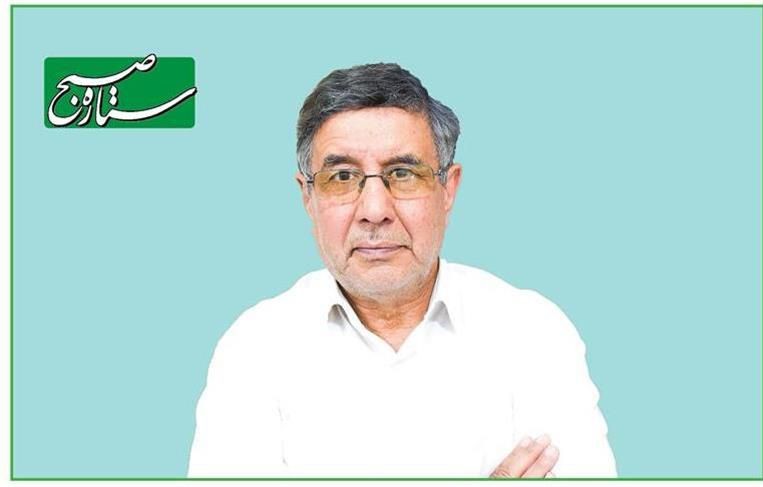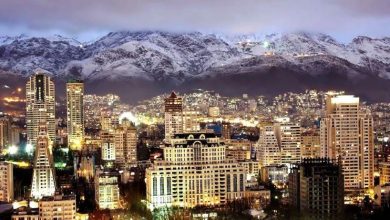
By Ali Salehabadi
Managing editor of Setare Sobh daily/ Iran
TEHRAN: The accumulation of problems has made people anxious. They ask themselves: with neither war, nor peace, nor reconciliation, what future awaits us? The government must answer these concerns and explain why its policies and actions have led to a situation where people are struggling in all areas of life and suffering.
More importantly, there seems to be no plan or model to ease people’s worries. But if the government remains silent, should activists and reformers just sit back and watch people’s pain, or should they step forward and offer solutions?
For decades, the economy has been trapped by costly and reckless policies such as nuclear activities, interventions in the Middle East and elsewhere, and confrontation with the West and Israel. Common sense and political wisdom say these actions have caused society’s distress and the spread of poverty and misery.
Abbas Araghchi went to Doha to reduce tensions and prevent the “trigger mechanism” from being activated, meeting with the EU foreign policy chief. At the same time, the foreign minister met with Hamas and declared Iran’s support for Hamas and the Palestinian cause. But does Araghchi realize that the EU considers Hamas a terrorist group? Does such a meeting help reach an agreement, or does it convince Europeans that Iran wants to stick to its old path? It would have been better if this meeting had not coincided with the talks with the EU official.
The risk of war is once again so serious that, to protect Iran and its people, courage and boldness are needed to reach an agreement and reconciliation with the United States.
Officials have realized that Europe follows America’s lead. They have said Iran must solve its problems with the U.S., accept zero enrichment, and stop supporting resistance groups.
During Rouhani’s government, both China and Russia warned Iran: if you don’t solve your problem with the U.S., we won’t be able to help you.
If Iran wants a deal with Europe, it must declare neutrality in the Ukraine war and distance itself from groups that Europe and the U.S. call terrorists.
Iran sold drones to Russia, and Moscow used them in the war against Ukraine.
Before the war, Araghchi toured the region, but it led to nothing, as those countries refused to fire even a single shot at Israel. Now it is predicted that pursuing diplomacy with Europe and the IAEA while still supporting resistance groups, chanting against America, and calling for Israel’s destruction will not succeed. In these dire circumstances, Arab conflicts should be left to the Arabs themselves, and resources should instead be spent inside the country to improve people’s welfare.
Since the creation of Israel in 1948, Pan-Arabism led by Nasser rose to prominence. But after the 1967 Six-Day War and the 1973 Yom Kippur War, the movement faded. Today, the Palestinian issue is no longer a priority for Arab states. More importantly, after Egypt and Arafat recognized Israel’s existence, countries like the UAE, Bahrain, Morocco, Sudan, and Turkey established political relations with Israel.
The situation today is worse than before. Groups like Hamas, Islamic Jihad, Hezbollah, and Hashd al-Shaabi, which once acted as deterrents for Iran, are now weakened by Israeli strikes and cannot even defend themselves, let alone deter threats to Iran.
Just as Israel and the West ended Pan-Arabism, they can also defeat any future movement that seeks Israel’s destruction.
I will end this writing with a verse from Saadi, the wise poet: “Whoever goes to the desert to see, either cannot see or cannot find the way.”




